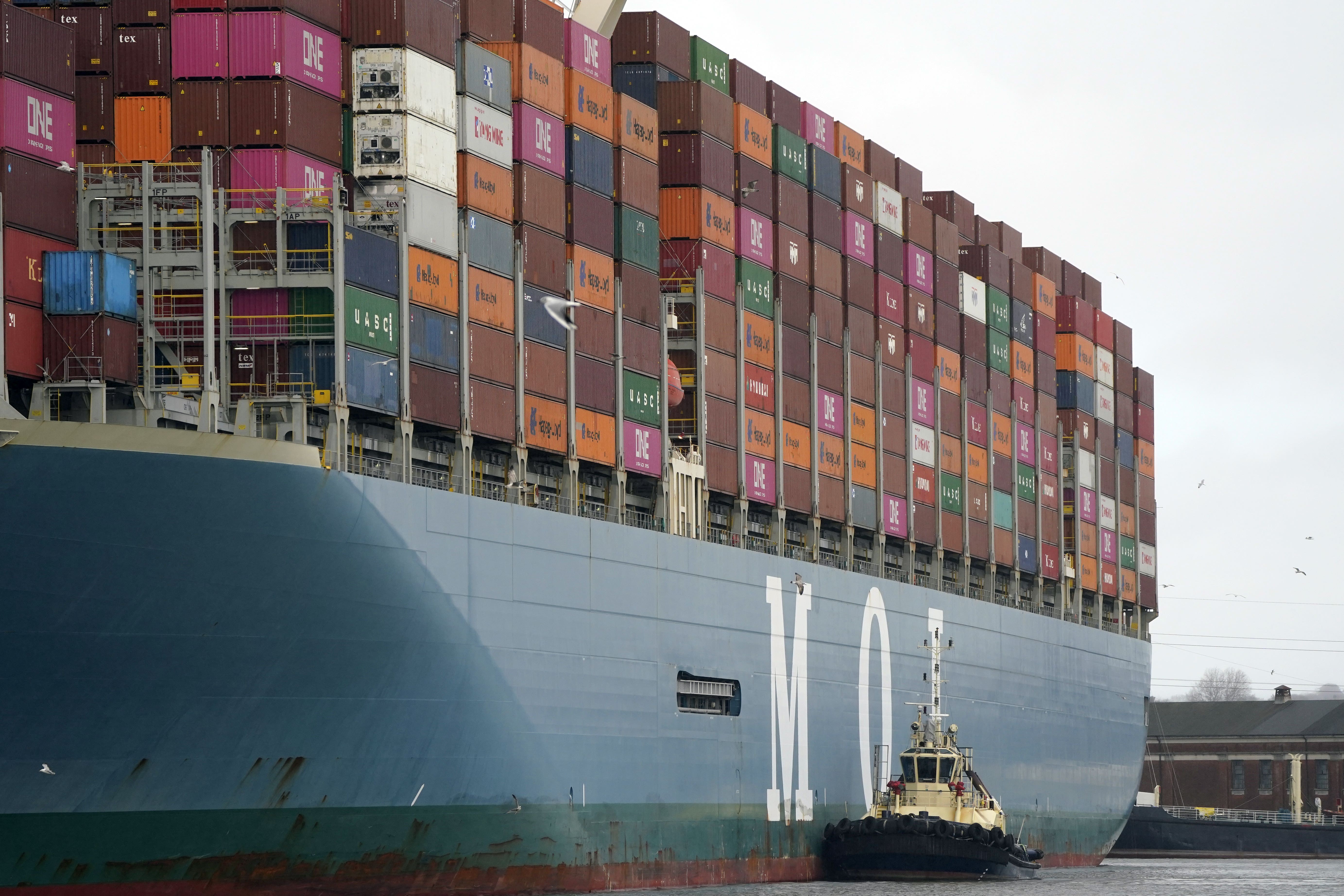UK manufacturing continues to decline as Red Sea disruption hits supply chains
Rob Dobson, director at S&P Global Market Intelligence, said: ‘The downturn in UK manufacturing continued at the start of 2024’.

The UK’s manufacturing sector saw its recent downturn continue last month as firms said rerouted deliveries due to troubles in the Red Sea added to supply chain difficulties, according to a new survey.
The closely-watched S&P Global/CIPS UK manufacturing PMI survey increased to 47 in January from a reading of 46.2 in December.
It meant that the rate of decline in the sector reduced slightly.
However, the reading was still below the 50.0 threshold, which indicates that the sector is contracting.
The ongoing weakness is leading to an increasingly cost-cautious approach at manufacturers, compelling cutbacks in purchasing and stock holdings as companies aim to achieve efficiencies, protect cash flow and defend fragile margins
Rob Dobson, director at S&P Global Market Intelligence, said: “The downturn in UK manufacturing continued at the start of 2024, with output, new orders and employment all reduced in January.
“The contraction was widespread, with declines in all three variables seen across the consumer, intermediate and investment goods sub-industries.
“The ongoing weakness is leading to an increasingly cost-cautious approach at manufacturers, compelling cutbacks in purchasing and stock holdings as companies aim to achieve efficiencies, protect cash flow and defend fragile margins.”
The new data showed that manufacturing production declined for the 11th consecutive month in January.
Firms said the drop was linked to “weaker” levels of new work, efforts to reduce their inventories and disruption linked to supply chain delays.
Ocean freight costs have risen, as have supplier delivery times, contributing to increasing costs and slowing production for the manufacturing sector
Disruption to shipments using the Red Sea route to the Suez Canal was highlighted as a particular cause for longer lead times.
In recent weeks, the world’s largest shipping companies have redirected their vessels around Africa in response to attacks from Houthi Rebels near the Red Sea, adding between 10 and 14 days to journeys.
Glynn Bellamy, UK head of industrial products for KPMG, said: “While the headline figure shows monthly improvement for the UK manufacturing sector, domestic and international challenges remain, including the developing supply chain impact from shipping disruption in the Red Sea.
“Ocean freight costs have risen, as have supplier delivery times, contributing to increasing costs and slowing production for the manufacturing sector.
“This threatens to reverse the recent good news story of falling inflation and once again brings supply chain resilience into focus and the mitigation of risks from extended global supply chains in a world of increasing geopolitical uncertainty.”